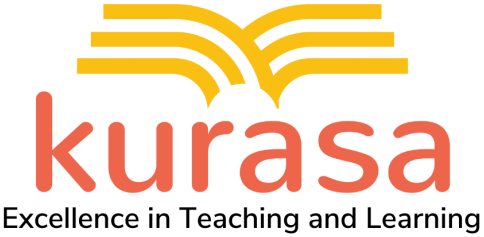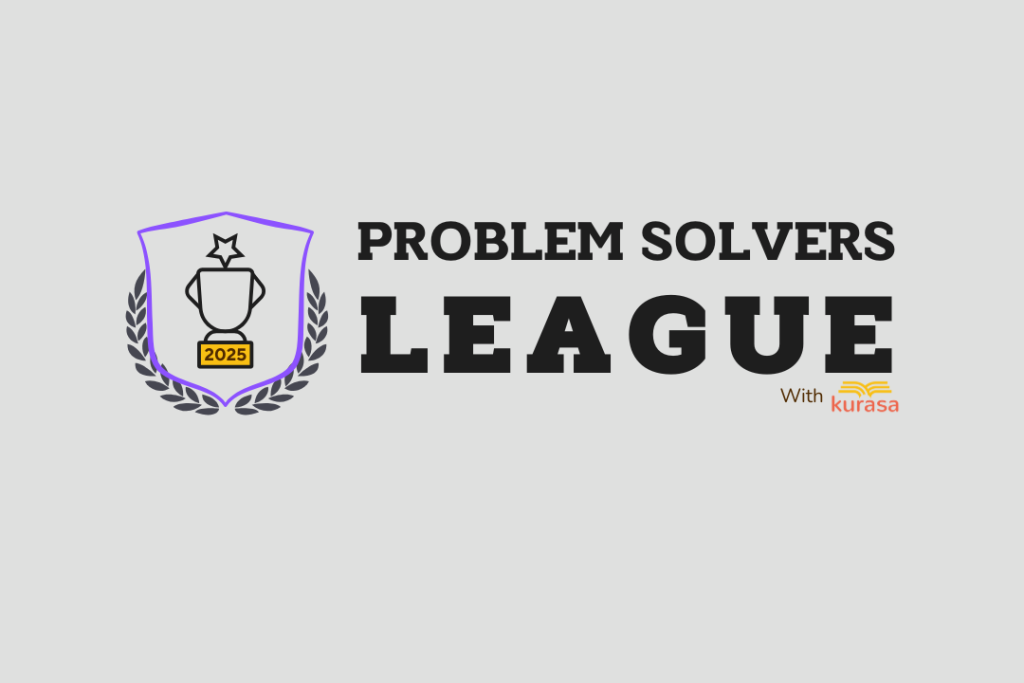Layout Variants

-
- Posted by Kurasa Community Admin
Esther Diera, a math and chemistry teacher from Kakamega, once struggled with math herself. Today, she’s changing how learners see the subject — using Scratch coding, real-life examples, and creative tools to make math practical, fun, and impossible to ignore. Discover her inspiring story and classroom tips in this PSL Fireside feature.
With ShadowNew

-
- Posted by Kurasa Community Admin
Esther Diera, a math and chemistry teacher from Kakamega, once struggled with math herself. Today, she’s changing how learners see the subject — using Scratch coding, real-life examples, and creative tools to make math practical, fun, and impossible to ignore. Discover her inspiring story and classroom tips in this PSL Fireside feature.
Contained Style

-
- Posted by Kurasa Community Admin
Esther Diera, a math and chemistry teacher from Kakamega, once struggled with math herself. Today, she’s changing how learners see the subject — using Scratch coding, real-life examples, and creative tools to make math practical, fun, and impossible to ignore. Discover her inspiring story and classroom tips in this PSL Fireside feature.


